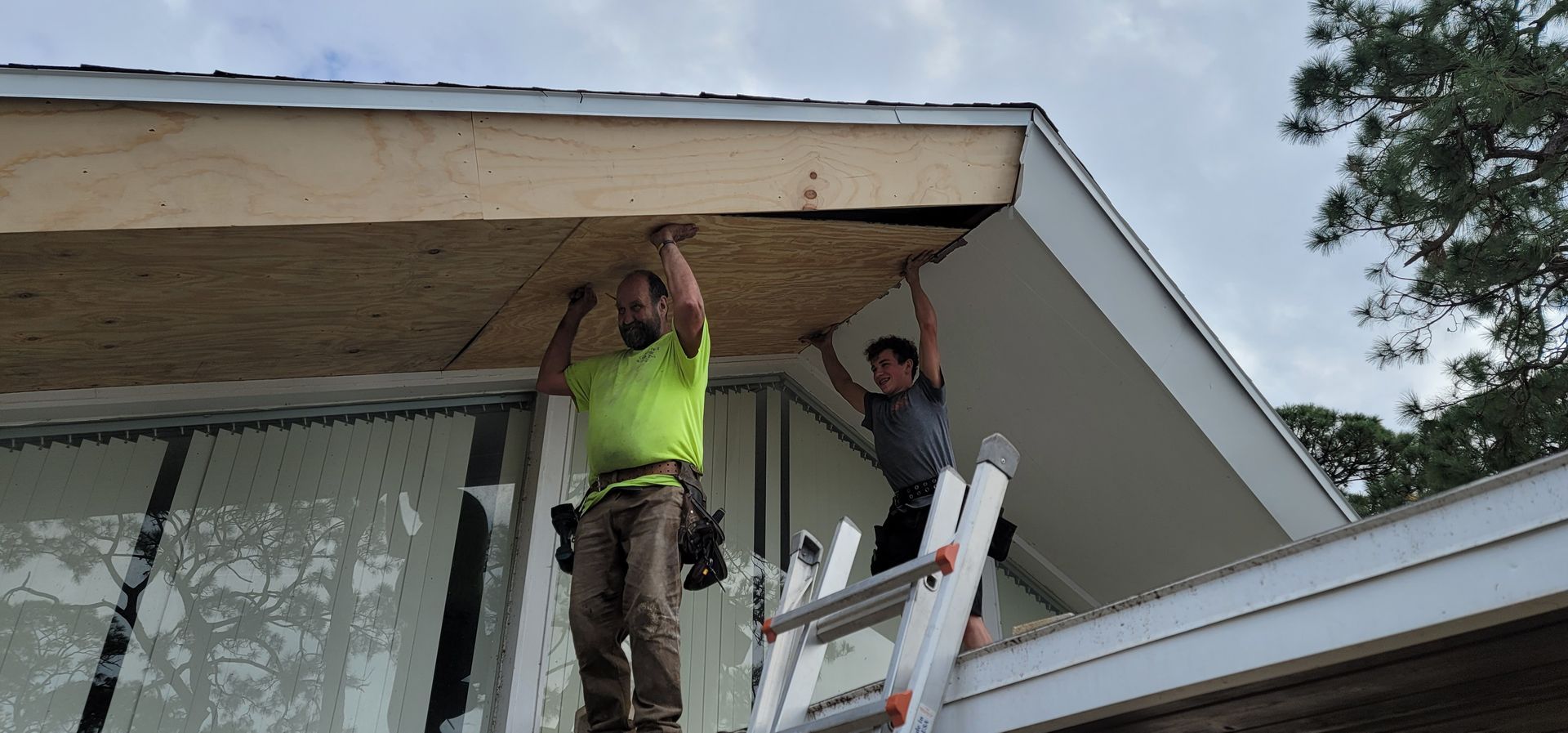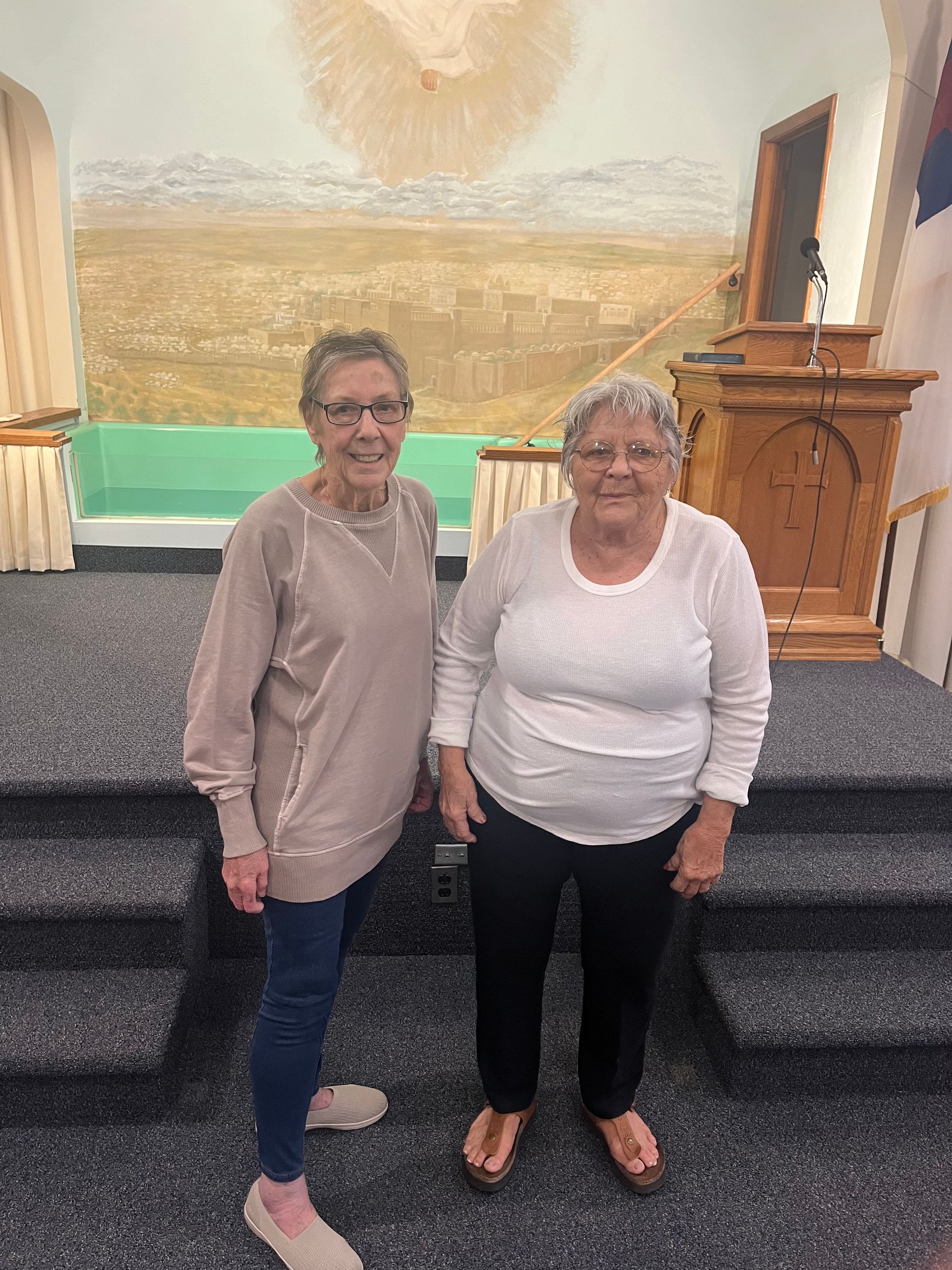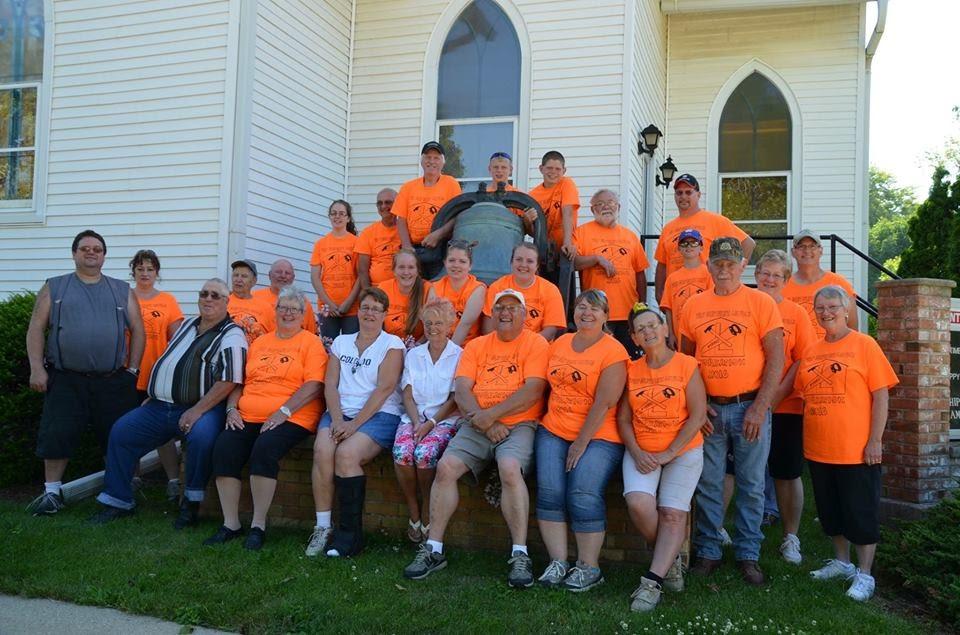Workcation
For years, Lanark First Brethren Church had sent a small, 10-20 person missions team to a small work camp in Southern Alaska each year. While there was certainly a benefit for both the team to grow together in fellowship, and for the recipients of the service, there was a real cost to sending 20 people from Lanark, IL to Alaska. A cost to the tune of around $1500. That cost is what made the leadership at Lanark FBC re-examine their missions work, and ultimately, find an incredible opportunity to serve those in their community in an amazing way.
An idea surfaced: what could we do if we eliminated the time, financial and travel barriers to this type of service? A "workcation," as it came to be known, was born. Lanark is a town like much of the Midwest: aging, settling, and slowly being forgotten in many ways. Much of the retail businesses that once marked their small downtown have vacated and made way for larger, big box retailers in adjacent communities like Sterling and Freeport, each about 25 miles away.
It's a prime swath of agricultural land, and still is very productive in this way, but as steady, non-seasonal employment is scarce, and as Lanark lacks any major employers to attract professionals and economic growth, the city's housing and infrastructure continue to age. As the population has aged, their ability to maintain and improve these properties has dwindled, and fewer and fewer folks in town can do the work.
The concept of Workcation was straightforward enough: Gather the 10-20 people that would usually head to Alaska, and ask them to give a week of service to their community. Make the minimum commitment a day of service, rather than a week. Remove the cost to serving. Gather the materials, volunteers, and supplies on a donation basis.
And so, something incredible happened. It worked. Lanark First Brethren Church gathered thirty volunteers for the workcation, including ten students. The volunteers completed thirty different projects in a week and gave nearly 930 combined hours of service. Volunteers painted houses, repaired dilapidated exteriors, cleaned up and put in new landscaping, washed windows, and more.
Most importantly, though, volunteers reported a renewed sense of togetherness throughout the community. In a town of 1500, a crew of thirty people in neon orange shirts moving throughout the city does not go unnoticed. The work of the volunteers made a real, tangible impact on their city, and it stirred pride and purpose in Lanark. This is the work of the Kingdom of God – seeing a need, and quietly filling it through a labor of love.












